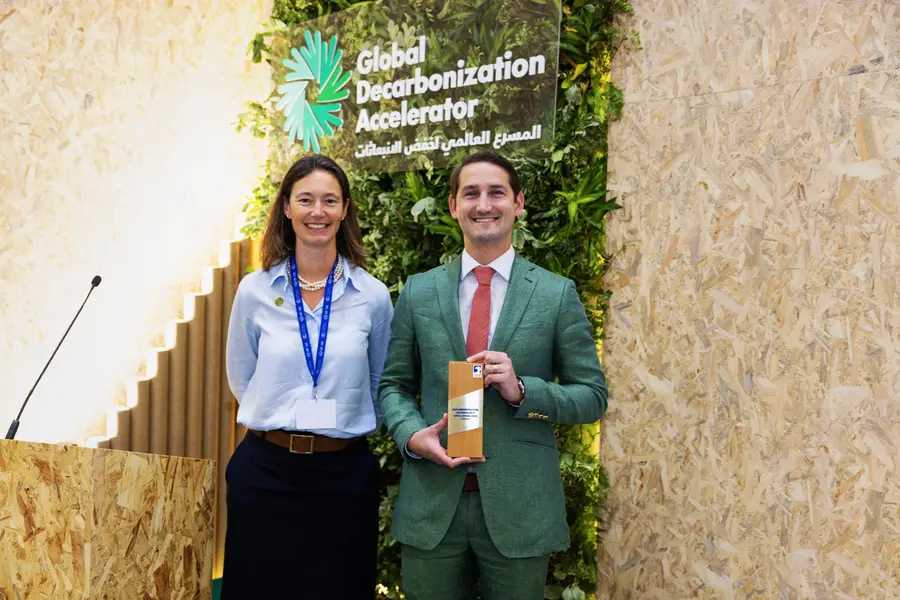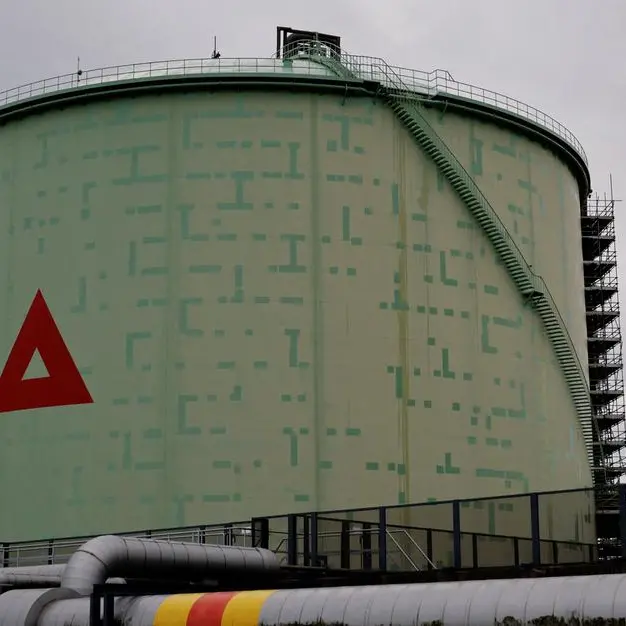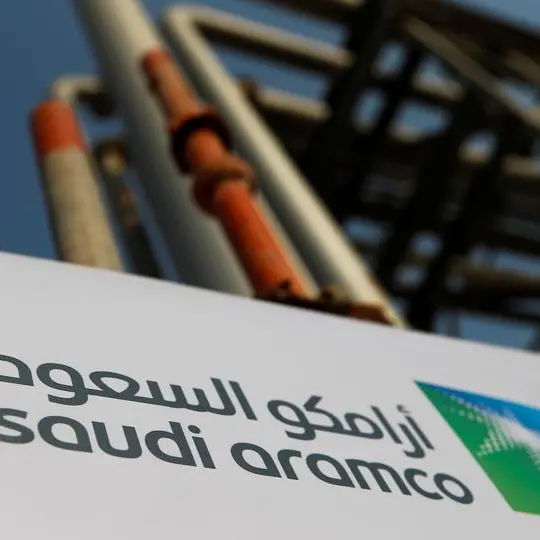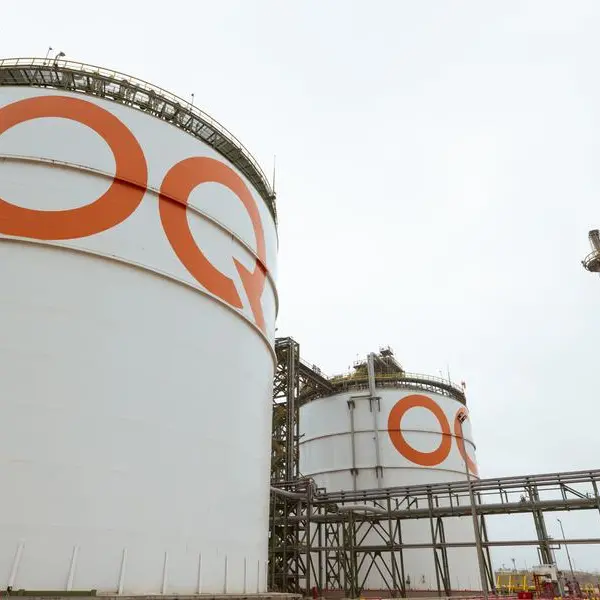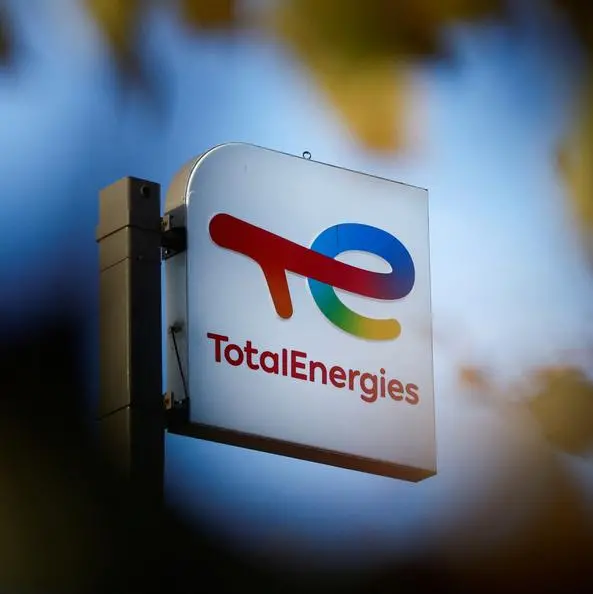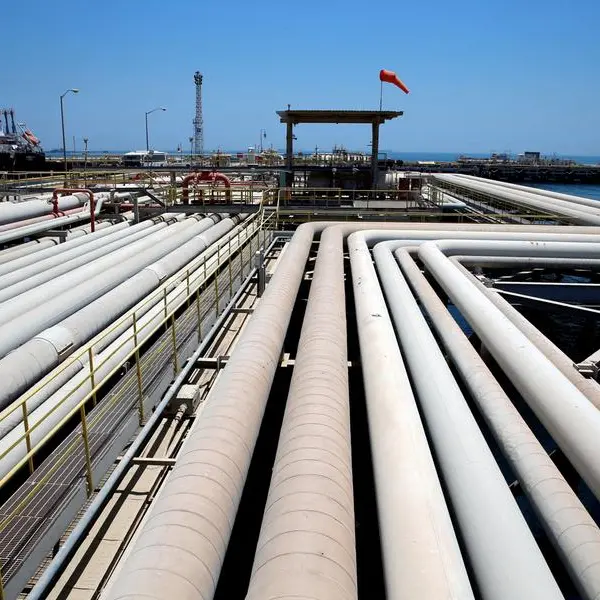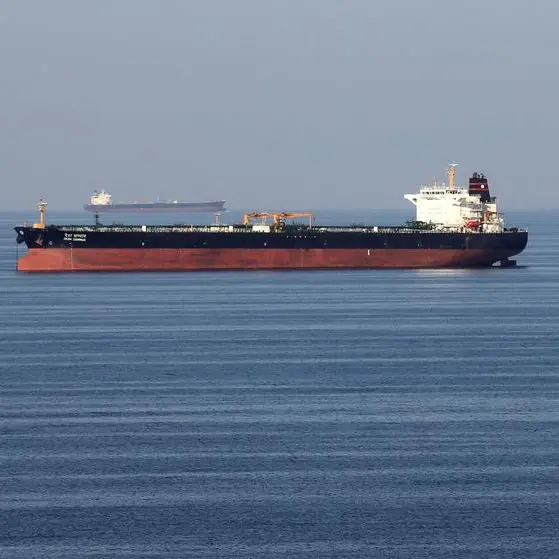PHOTO
ADNOC has awarded a piloting opportunity worth 3.67 million UAE dirhams ($1 million) to Revterra, a Houston-based producer of novel batteries made from recycled steel, after a global competition involving 650 applicants from 50 countries.
Revterra was selected from among 10 finalists at an event in Dubai, an ADNOC press statement said.
"We look forward to working with Revterra to unlock cutting-edge solutions that will enhance efficiencies and continue decarbonising our operations,” said Musabbeh Al Kaabi, ADNOC Executive Director for Low Carbon Solutions and International Growth.
In addition to piloting opportunities, Revterra will be able to acccess facilities and expertise at ADNOC Research and Innovation Centre in Abu Dhabi.
Patrick Flam, Chief Financial Officer of Revterra, said the company's environmentally friendly battery that doesn’t rely on metals like lithium, nickel, or cobalt.
"Instead, our 2MW batteries are built using recycled steel and rely on rotational energy storage technology to achieve maximum power with a minimal environmental footprint," he explained, while welcoming the opportunity to develop and deploy the solution across ADNOC’s operations.
ADNOC, in collaboration with AWS, bp, Hub71, and the Net Zero Technology Centre organised the ADNOC Decarbonisation Technology Challenge to find emerging climate tech innovations ready for scale.
Applicants specialised in innovations including digital applications, carbon capture utilisation and storage (CCUS), new energies, oil and gas emissions reduction and advanced materials for decarbonisation, and nature-based solutions
ADNOC is aiming to reduce the carbon intensity of its operations by 25 percent by 2030 and achieve net zero by 2045, and initially allocated $15 billion towards low-carbon solutions, new energies and climate technologies.
(Editing by Anoop Menon) (anoop.menon@lseg.com)
Subscribe to our Projects' PULSE newsletter that brings you trustworthy news, updates and insights on project activities, developments, and partnerships across sectors in the Middle East and Africa
